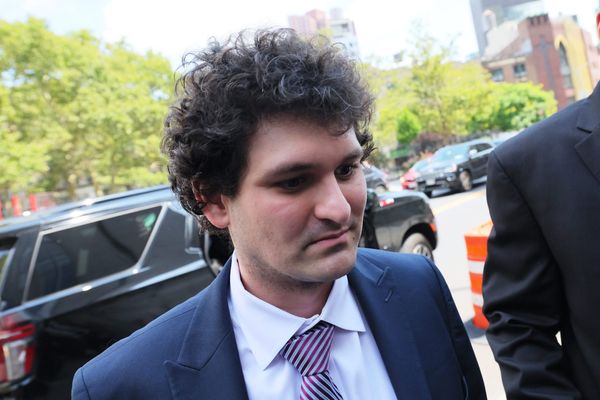
I have a strong relationship with my partner; we work together, we love each other and we were friends for a long time before we fell in love. The problem I have is that the way our relationship started was awful. He was in a long-term but flawed relationship with a friend of mine. He couldn’t tell her for a long time and I was not able to force him to do so. I did ask but not enough. So I witnessed him lying to her for so long and I can’t forget this.
Now I realise I just can’t trust him. I love him deeply and I want this relationship to last but I’m so afraid he’ll do the same to me. I think this in the long run will affect our relationship. I don’t know how to change this and I’m constantly thinking that I should run away and give him no chance of betraying me as he did with her. Talking to him is not easy: he’s the overly successful and very busy character, the kind of man who finds talking about emotions difficult (like many others I’ve met). What should I do?
Eleanor says: Starting a relationship with deceit means that lies get woven into the story from the outset. You lose the ability to say “I’d never do that” because the whole electric origin of the relationship was the preparedness to lie for it. We can try to take comfort in the second-best option of hearing “I’d never do that to you” but that’s not exactly balm. What’s so special about us that we’re the exception? What happens when it stops being true?
You expressed a lot of uncertainty about whether he’s going to do the same thing to you. It’s natural to want evidence that he won’t. But I want to suggest that this fear might not be wholly sated by evidence.
Once it sets in, scepticism can transform faith from a bucket to a sieve. No amount of evidence flowing in feels like enough to fill you with certainty, because we can always ask just one more “What if?”
On the other hand, no fact is going to give you certainty that he can’t be trusted, either. You knew when the relationship started that he was capable of big deceit. Whatever it was that made it worth continuing then will still be true. It’ll keep the scales hovering, instead of coming down firmly on “don’t trust him”.
So waiting for the facts to solve this for you might leave you waiting a long time.
I think that if this fear is going to go away, it probably won’t be because you can get enough factual reassurance. It’ll be because you decided to banish it, and – importantly – because he was able to make you feel safe enough to do so.
You mentioned that he finds talking about emotions difficult. But you’ll need his help addressing this if you do decide to stay. Vigilance needs a certain amount of soothing to go away. Because your brain can’t ever totally know it’s safe, it needs to feel it’s safe, and he has to be your teammate in that.
It might help to position reassurance as a feeling you want, not a proof you require.
Think of it like this: nobody thinks that after you say “I love you” once, there’s no point in saying it again. We say it again because it feels nice to hear it, not because we’re imparting new information. Similarly, when you want reassurance, it’s not that you haven’t believed him the last six times he’s said “of course I won’t”. You want the feeling, not the information. So the fact that he might need to provide it more than once shouldn’t be read as accusation.
This is a hard dynamic shift to pull off by yourself. If you stay, I think professional counselling could be really valuable to you as a couple. It is a lot easier to trust someone when you can communicate well, and you can’t just will yourselves into knowing how to do that.
It could be that he showed you his true colours once before. Or it could be that good people sometimes start good relationships in bad ways. This may be a situation where the facts won’t decide things; instead, you have to decide what you want to believe.
***
Ask us a question
Do you have a conflict, crossroads or dilemma you need help with? Eleanor Gordon-Smith will help you think through life’s questions and puzzles, big and small. Your questions will be kept anonymous.
If you’re having trouble using the form, click here. Read terms of service here







